Ever Present Danger. The smoke is acrid, thick and hot. It forms an oppressive layer above the lurid yellow helmets of the firefighting team. Heat radiates from the burning fire in the corner of the cabin in front of them. The noise of the water as it bounces of the deckhead and deck is deafening, the steel structure reverberates and the team leaders shouts out his commands through the life persevering facemask of his breathing apparatus. All commands have a purpose, each given with an intensity befitting the seriousness of the situation; while each response is repeated quickly and verbatim, once the command has been executed the team leader is informed immediately. There is no place for an individual here; only by working as a team will these five sailors fight their way through hatches and down ladders, deeper into the burning vessel they press on, negotiating the total darkness to find the seat of the fire. Their shipmates’ lives depend upon it.
Cogadh na Saoirse: Ar Muir is ar Tír.
A Changed World.
In 1919, the war to end all wars was over. The 19th of January saw the start of peace negotiations in Paris, which would culminate in the signing of the Treaty of Versailles in June. This momentous year saw the drafting of the covenant of the League of Nations, the surrender and scuttling of the German high seas fleet in Scapa Flow. It also on the 21st of January saw the first Dáil sit in the Mansion House in Dublin, where they declared Irish Independence in fulfilment of the goals of the grand heroic failure of the 1916 Easter Rising. Also on that fateful day in Soloheadbeg, volunteers of the 3rd Tipperary Brigade under the command of Seán Treacy and Dan Breen, ambushed and shot two constables of the Royal Irish Constabulary. The first two dead men of an estimated 1,400 deaths between 1919 and 1921. While most of the fighting occurred on land across Ireland, the sea had a major role to play in both the Rising and the War of Independence.
Lonely Edge of Europe.
Ireland holds a geostrategic maritime position on the lonely edge of Europe, facing out into the North Atlantic where the European and North American sea lanes veritably bustle with all manner of shipping. At the turn of the century, Ireland's seas and maritime domain where under the firm control of the British Empire and the might of the Royal Navy. The ports and deep sheltered harbours of Cork, Berehaven and Lough Swilly, protected by massive forts and coastal artillery batteries, had played their part in centuries of British domination of the high seas and from these ports where shipped troops to fight in Britain's many wars. Many a period of rebelliousness across Ireland was subdued by forces shipped from these Naval installations, helping to underpin the British presence in Ireland as the dark clouds of war gathered on the European horizon. Those clouds burst in August 1914.
Valletta
Valletta.Sun burns down on city streets,bringing in the light, beauty,in the shadows, mystery,lost in ancient rows of homes and steps,cracked flagstones balanced one upon the other,or rooted into living rock,tight alleyways frame views of a wave tossed harbour,an artist might go blind from the wonders,or mad from the ceaseless wind.
Tibnin Bridge
Tibnin Bridge.
In 1999 I drove over Tibnin Bridge in the sweltering heat,as the UN bus rose a trail of dust,billowing up behind us,the laughter onboard almost distracted me from my task,the careful watch of the road signs,my finger following the road snaking through South Lebanon,on a trip from Tyre up into the hills.
I was only a baby when you died here,but not much later my older brothers went to serve in that land,which was soaked with your blood,I heard your story while I was still so very young,in the weeks before the first of them left for the Lebanon,they spoke in hushed tones in the kitchen,but I heard from my games in the hall outside.
Seen It
Seen It
I have seen the love,when Father makes himself into a bed,to raise the weary child from off the deck,cradling all the treasure of the world,within his arms, underneath thin blankets.
I have seen the love,of brother held fast to brother,sleeping, no support but each other,I had not the words to ask,did they even share a Mother?
Peters Fish
Peters Fish
Red, golden, green, the scales of Peters fish,stretched and nailed to the curve of the dome,held up by pious prayers, feverish pleas and hope of the wounded,the hospital arches of yellowed stone, barred with wrought iron,twisted and anchored deep into faith,by head and feet, anointed shells of men, bent battered forms.
The Tower of Il-Gardjola
The Tower of Il-Gardjola
We hear it all,the endless message,carved high into the battlements,conform and heed our call.
We see it all,the lidless eye is never sleeping,stays dry mid widows weeping,for the husbands who lay bleeding.
European Naval Operations in the Mediterranean
From Pontus to Sophia.
Currently, in the Central Southern Mediterranean LÉ Samuel Beckett is on patrol, with fifty-six Irish service personnel embarked. She is the physical embodiment of Ireland’s commitment to a Europe Union (EU) mission which is determined to break apart the callous criminal enterprises which have extracted huge profits from the misery and death of thousands of innocents.With both an EU and United Nations (UN) mandate, the roles begin played by the Irish Navy in EUNAVFOR Med ‘Operation Sophia’, are very different from those which were undertaken by the other Irish vessels who have deployed since 2015, when LÉ Eithne first went south to answer the call from our Italian partners as part of the EU response to what has been interchangeable referred to as, the ’Mediterranean’, ’migration’ or ’refugee crisis’.
Muscle and Blood
Muscle and Blood
LÉ SAMUEL BECKETT is a fine ship. She represents the first of her class and already in her four short years of service she has travelled far and wide, and she has been involved in several substantial and difficult operations. Yet despite all her exceptional engineering, her advanced technology and her substantial firepower; she is but an inanimate collection of steel plates, electronic cables, and marine fuel oils; rendered redundant in all her marvellous sophistication without a crew.A crew of sailors is needed to provide the ship with its muscle and blood; without them, this wondrous craft won’t ever weigh anchor or slip from a quayside.
The metaphorical ink is still wet on this page, as the first responses to the swell rolling into Cork Harbour are felt onboard LÉ SAMUEL BECKETT as she proceeds past the twin forts of Meagher and Davis, towards Roches Point and the Atlantic beyond. This is home for her crew of forty-six, during this next Maritime Defence and Security Operations (MDSO) patrol. She will provide everything they need to sustain themselves during operations off the Irish coast and they in their turn will tend to their ship, while carrying out the duties assigned by Naval Operations Command (NOC).
Changing of the Watch.
Changing of the Watch.
In the days of sail, the ships bell would ring out the passing of time and signal to the crew that it was time for the change of the watch. That bell has pealed on Haulbowline and Commodore Hugh Tully, Flag Officer Commanding the Naval Service (FOCNS) has handed over his watch to the newly promoted Commodore Michael Malone, with effect from the 26th of December last.And what a watch it has been, Commodore Tully has given 42 years of exemplary service to the Irish nation. His career spanned some of the most challenging periods of the Navy. Joining the service in 1975 in a class of three cadets, these future Naval Officers were dispatched to Dartmouth in the United Kingdom (UK). They returned from the UK and were sent to sea on LÉ DEIRDRE, which at the time was the only Offshore Patrol Vessel (OPV) in service, commissioned in 1973, she joined the three venerable minesweepers GRÁINNE, FOLA, BANBA which comprised the entirety of Irelands Naval assets. When he qualified as a Naval watchkeeper, he joined LÉ FOLA as the Navigation and Gunnery officer combined. Rotating ashore he spent some time on Spike Island with the Cadet College, where he was, in fact, the cadet class officer for Commodore Malone.
Empty
Empty.
If only the innocent could be kept afloat by faith,until the rescuers come walking on the waves,to carry the children to the cradle of their mother,not let them tumble in the surf,greeting the morning with their backs,silent and stiff, the red shirt on the tiny frame.
Mothers of Many Nations
Mothers of Many Nations.
Mothers are mothers, white, brown, yellow, black.no divide amongst the races by colour, creed or social status,each mother cradles two generations inside her during gestation,endless cord to the dawn of time,when your mother's mother was also mine.
The abuse and danger a mother will endure,as she sets out unsure - to fleefetching up on a Libyan shore,with the precious child, her world.
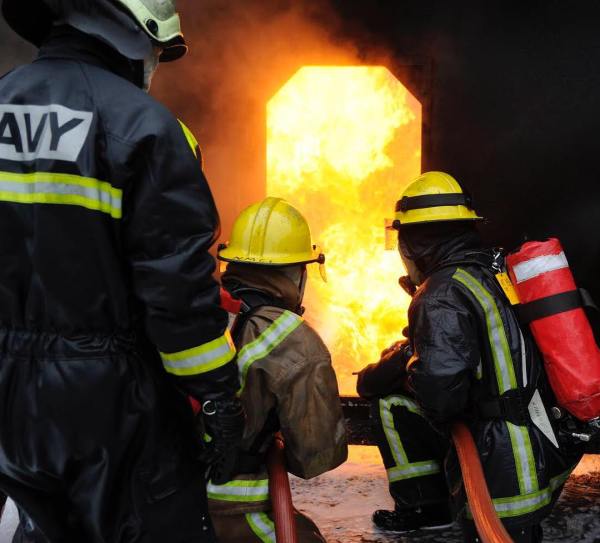
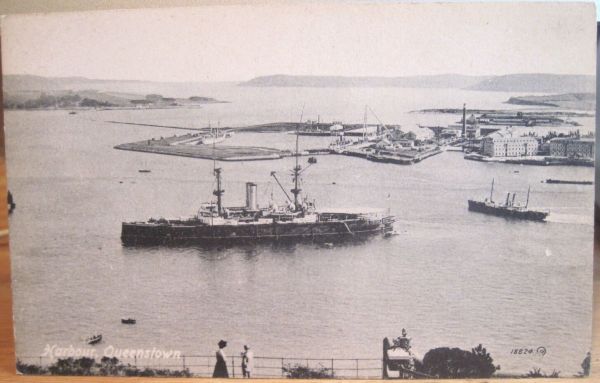
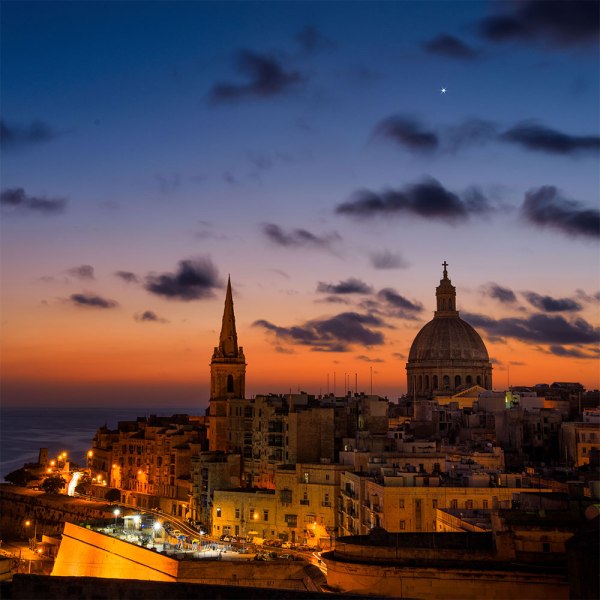
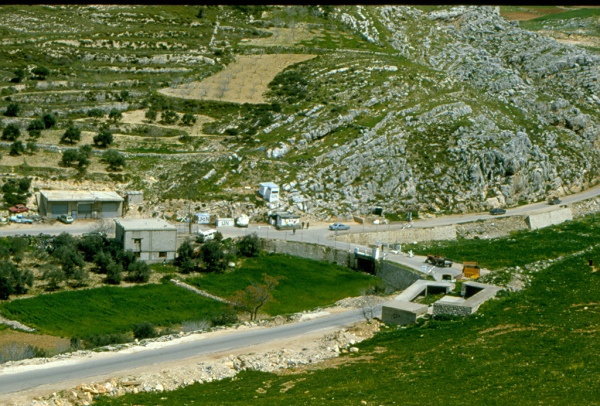
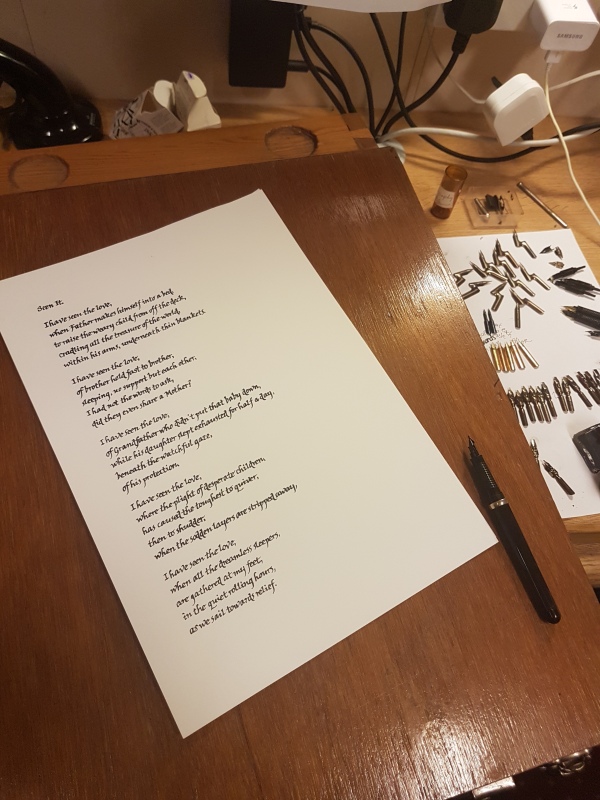

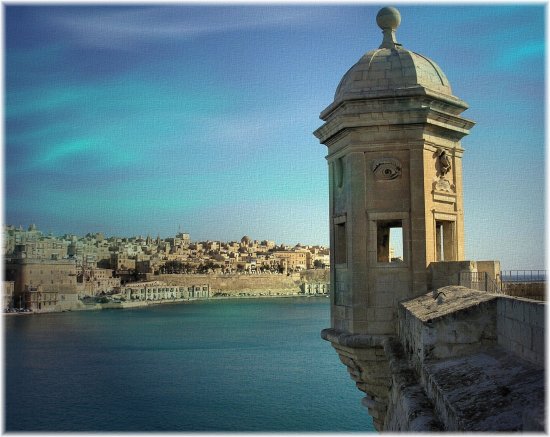

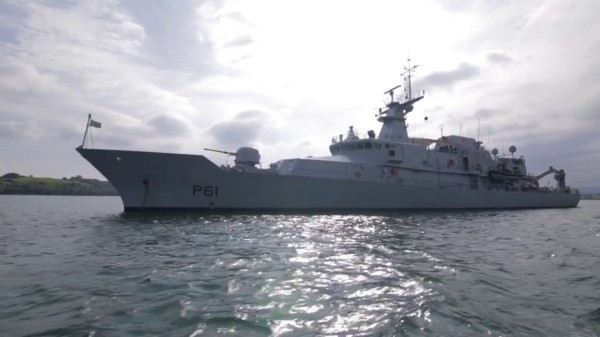

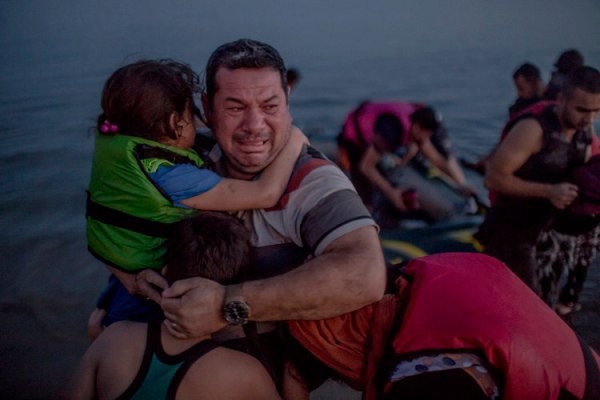
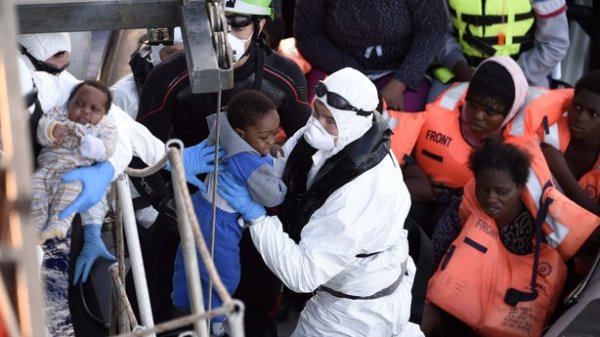


Recent Comments